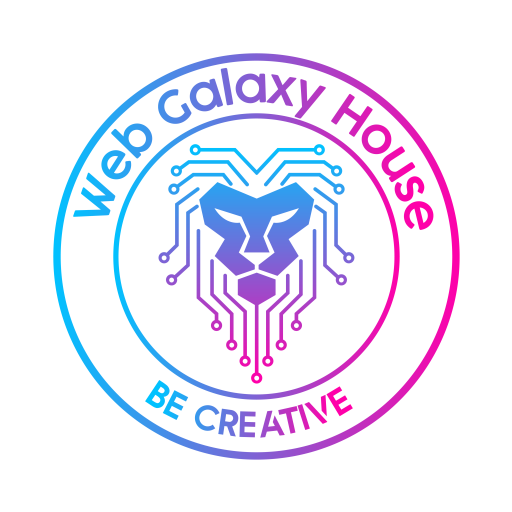Devin Ai replace the developer?
Devin ai replace developer?
In recent years, artificial intelligence (AI) has made incredible advances, especially in the field of natural language processing. Powerful AI models like GPT-3 can now generate human-like text on a wide range of topics. This has led some to speculate whether AI could replace jobs like software development that have traditionally required human intelligence. Devin AI, a sophisticated AI-powered tool, has gained attention for its potential to automate certain aspects of web development. This comprehensive guide aims to explore the capabilities of Devin AI and its implications for web developers. We will delve into its features, benefits, limitations, and the evolving role of AI in the field of web development.Some futurists envision an AI that could one day do the job of a programmer from start to finish. But is this hype justified? While AI has come a long way, most experts believe human developers will remain irreplaceable for the foreseeable future. This article will examine if, when, and how AI could displace or assist developers.
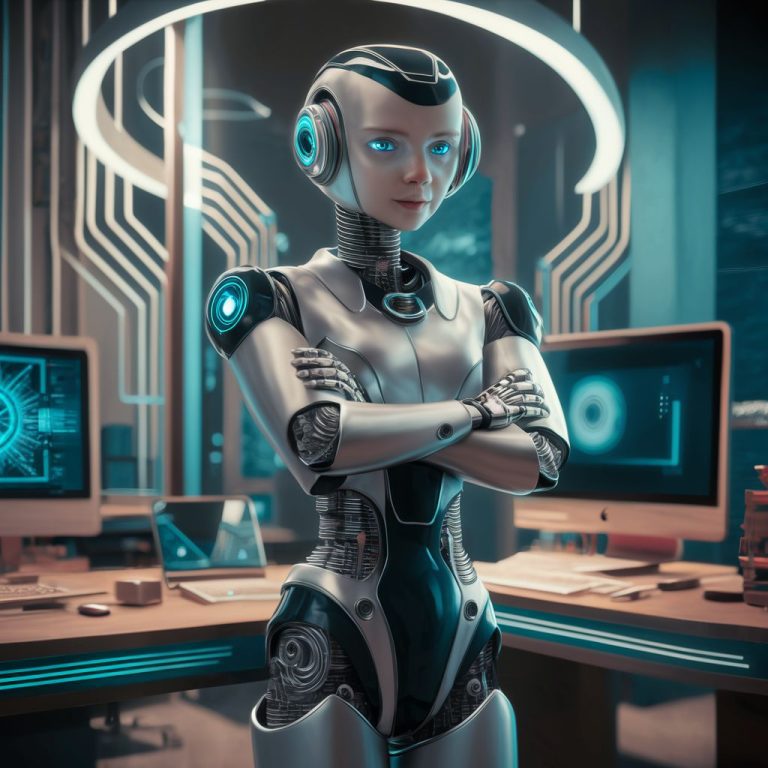
What do developers do?
-
Understanding Devin AI:
- Devin AI is an AI-powered tool designed to assist web developers in various aspects of the development process.
- It utilizes machine learning algorithms to analyze code, generate suggestions, and automate repetitive tasks.
- Devin AI aims to streamline the development process, improve productivity, and reduce the time spent on manual coding tasks.
-
Features of Devin AI:
- Code Analysis: Devin AI can analyze existing codebases to identify errors, inconsistencies, and potential optimizations.
- Code Generation: It can generate code snippets, templates, and boilerplate code based on user input and requirements.
- Automated Testing: Devin AI can automate the testing process by generating test cases, running tests, and identifying bugs.
- Performance Optimization: It can analyze code performance and suggest optimizations to improve speed, efficiency, and scalability.
- Natural Language Processing (NLP): Devin AI utilizes NLP techniques to understand and interpret user queries, commands, and requirements.
-
Benefits of Using Devin AI:
- Increased Productivity: By automating repetitive tasks and providing intelligent suggestions, Devin AI can significantly increase developer productivity.
- Improved Code Quality: Devin AI’s code analysis capabilities help identify errors, bugs, and vulnerabilities, leading to higher-quality code.
- Faster Development Cycles: With Devin AI’s code generation and testing automation features, developers can iterate more quickly and release updates faster.
- Accessibility: Devin AI’s intuitive interface and natural language processing capabilities make it accessible to developers of all skill levels.
-
Limitations and Challenges:
- Complexity of Tasks: While Devin AI excels at automating repetitive and routine tasks, it may struggle with more complex development tasks that require creativity and domain expertise.
- Accuracy and Reliability: Like all AI-powered tools, Devin AI’s accuracy and reliability depend on the quality of its training data and algorithms. It may occasionally produce inaccurate or suboptimal suggestions.
- Integration and Compatibility: Devin AI may face challenges when integrating with existing development workflows, tools, and technologies. Compatibility issues with specific frameworks or languages could limit its effectiveness.
-
Role of AI in Web Development:
- Augmented Intelligence: Rather than replacing developers, AI tools like Devin AI are more likely to augment developers’ capabilities by automating routine tasks, providing suggestions, and assisting in decision-making.
- Collaboration: AI tools can facilitate collaboration between developers by providing insights, analyzing code, and generating solutions that can be reviewed and refined by human developers.
- Continuous Improvement: As AI technologies advance and developers provide feedback, tools like Devin AI will continue to improve in accuracy, reliability, and functionality.
-
Writing code – Developers write the code that makes up software programs and applications using programming languages like JavaScript, Python, Java, etc. They turn designs and specifications into functional code.
-
Debugging – An important part of a developer’s job is identifying and fixing bugs in code. Debugging involves reviewing code line-by-line to find and resolve issues.
-
Collaborating – Software development is a team effort. Developers collaborate with other developers, designers, product managers, etc. to understand requirements, discuss solutions, and ensure different components work together.
-
Understanding business needs – Developers need to understand the business context and what problems the software aims to solve for users. This knowledge ensures the end product aligns with business goals.
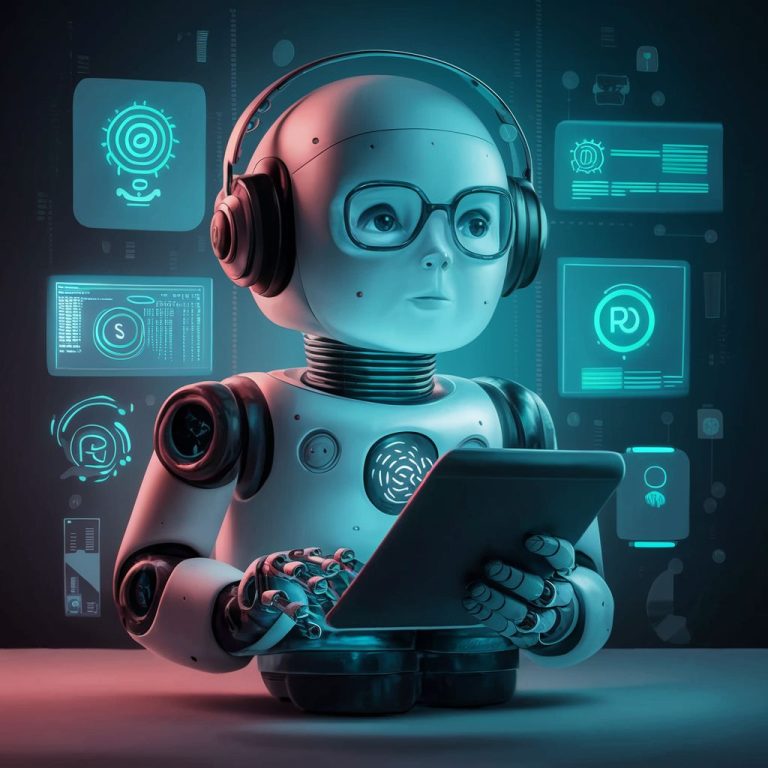
Current state of AI code generation
In recent years, major advances in AI have enabled new tools that can generate code for developers. Leading examples include GitHub Copilot, OpenAI Codex, and Anthropic’s Claude.
GitHub Copilot is built using OpenAI’s GPT-3 language model. It suggests full lines and entire functions as developers are typing code in their editor. Copilot is trained on billions of lines of public code to learn common programming patterns. It aims to boost developer productivity by reducing repetitive work.
OpenAI Codex is an API that allows developers to describe what they want their code to do in plain English. Codex then generates the corresponding code in over a dozen languages. Like Copilot, it leverages the knowledge in GPT-3 to convert natural language to working code.
Claude is a new AI system created by AI safety startup Anthropic to be helpful, harmless, and honest. Claude focuses on generating Python code based on natural language instructions. A key aim is to provide explanations for its code suggestions to build trust with users.
There are also creative AI tools like DALL-E 2 which can generate images from text descriptions. While not coding tools, they demonstrate the rapid advances being made in AI creativity.
Overall, AI code generation tools are reaching impressive new capabilities. However, they also have significant limitations which need to be considered.
Advantages of AI assistants
AI assistants offer some clear advantages that can enhance a developer’s workflow. Two of the biggest advantages are faster prototyping and auto-complete suggestions.
AI tools like GitHub Copilot can generate code quickly based on a few prompts, allowing developers to prototype and experiment with different approaches much faster. Rather than having to manually type out boilerplate code, an AI assistant can produce it instantly. This rapid iteration can lead to quicker development cycles.
AI assistants also excel at providing contextual auto-complete suggestions as developers are typing. The assistant scans what’s been written so far and suggests relevant variable names, functions, or even entire code blocks that fit the context. This can greatly speed up coding time and reduce simple mistakes. Developers can stay in flow rather than stopping to search documentation or think through routine code.
While AI assistants have limitations, features like accelerated prototyping and intelligent autocomplete demonstrate how they can meaningfully boost developer productivity if used appropriately. The time savings add up, enabling developers to focus their efforts on more complex coding challenges.
Limitations of AI assistants
AI code generation tools have come a long way, but still face significant limitations compared to human developers. The main issue is that current AI lacks the reasoning and problem-solving skills of humans. While AI can generate code based on prompts and data, it doesn’t truly understand the logic behind the code or the wider context of the problem being solved.
This means AI tools struggle with complex tasks or projects that require a deep understanding of the goals, business rules, data relationships, and dependencies. They may be able to generate syntax but cannot design an optimal architecture or data model. AI also lacks the judgment to make nuanced decisions about tradeoffs and edge cases that arise in development.
Another limitation is that AI-generated code still requires substantial human review, debugging, and oversight. The code may have logical gaps or errors that humans can easily spot but AI cannot. So developers are still essential for refining and validating the code. While AI can accelerate parts of development, it cannot fully replace developers‘ analytical and critical thinking skills.
The takeaway is that while AI code generation is very promising, it serves best as an assistant rather than as a substitute for experienced developers. AI lacks the reasoning, judgment, and oversight needed for fully autonomous development. For the foreseeable future, human developers remain essential to deliver robust, scalable, and maintainable software.
How developers can utilize AI
AI code generation tools like GitHub Copilot and OpenAI Codex show promise as developer assistants. They can automate repetitive coding tasks and suggest code snippets to help developers work faster. However, these AI tools are not yet advanced enough to fully replace human developers.
Developers can use AI code generation as a productivity tool, especially for repetitive tasks. For example, an AI assistant could generate boilerplate code, debug simple errors, convert code between programming languages, extract comments into documentation, and suggest code implementations based on natural language prompts. This allows developers to focus their time and energy on more high-value creative tasks.
The key is utilizing AI as an aid, while still directing the overall code architecture and design. Human developers provide strategic oversight on complex projects. They specify the requirements, define the system architecture, handle edge cases, ensure quality, and make judgment calls that AI cannot yet replicate. Working together, developers and AI assistants can collaborate for greater efficiency and productivity.
So in summary, AI code generation shows promise for automating rote coding busywork. However human developers are still essential for complex programming that requires creativity, critical thinking, and wisdom. AI assists humans rather than replacing them. With the right approach, AI tools can amplify human abilities rather than competing directly against them.
Risk of job loss for developers
The rise of AI has sparked concerns that many jobs, including software development, could be automated and threaten employment. However, the risk is likely overstated.
While AI can generate code, it still requires oversight and expertise from developers. Code generation is just one part of the development process – developers are still needed for planning, debugging, optimization, and managing complexity. AI may automate rote coding tasks, but cannot replicate human judgment, creativity, and problem-solving.
Further, as technology advances new roles are created. AI expands capabilities rather than just replacing them. Developers skilled in leveraging AI will be in high demand. Rather than reducing jobs, AI can enable developers to focus on higher-value work and boost productivity.
The outlook is not automation replacing developers, but collaboration between humans and AI. Each has complementary strengths. Together they can achieve more than either could alone. AI may change the nature of some coding work but is unlikely to make the role of developers obsolete. With the right skills, developers can thrive alongside AI.
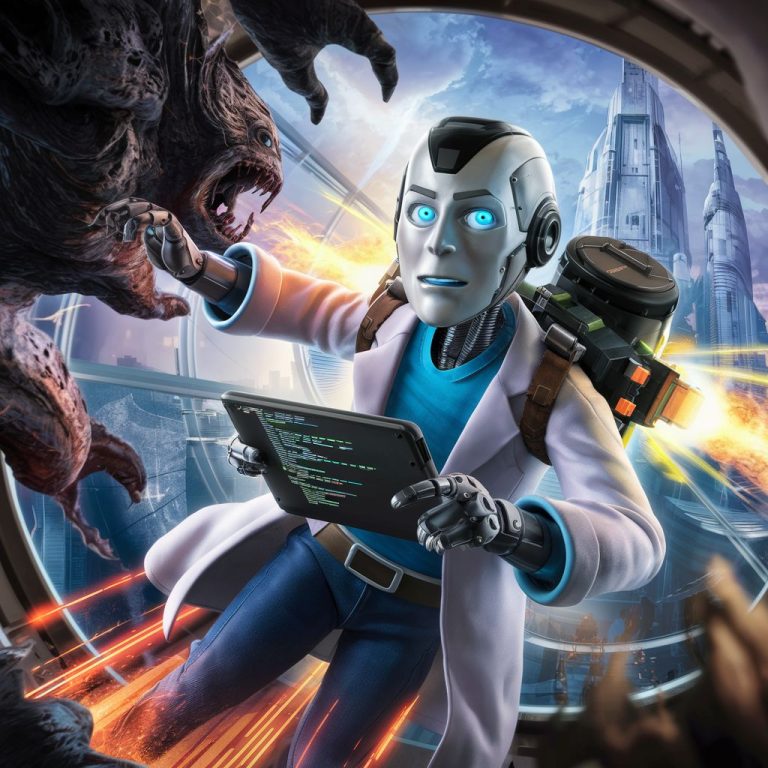
Issues around AI bias
AI systems like ChatGPT have great potential to improve lives, but they also raise concerns about bias in the underlying training data and models.
One major issue is that the data used to train AI systems reflects existing human biases. For example, text data scraped from the internet encodes many societal biases around gender, race, and other attributes. Models trained on such data can inherit and amplify those biases. This could lead an AI to make unfair or harmful recommendations.
Another concern is the lack of transparency in many AI systems. The training process and decision-making of systems like ChatGPT are complex “black boxes” to users. It’s unclear exactly how the system reaches certain outputs or conclusions. This opacity makes it hard to audit for bias.
More diverse data and rigorous testing are needed during development to reduce the risk of biases. Companies deploying AI also need to monitor their decisions and outcomes closely. There are still many open questions about the ethics of AI systems interacting directly with people. More research and public discussion is required to develop AI responsibly.
Overall, while AI bias is a serious issue, it’s a surmountable challenge. With thoughtful design and testing, AI can augment human intelligence in fair and beneficial ways. But stakeholders must prioritize transparency, accountability, and inclusiveness as AI capabilities rapidly advance.
The future outlook
AI code generation tools have enormous potential to assist human developers rather than fully replace them. While these tools can generate code quickly, they still require human oversight. Developers will need to review the AI-generated code for errors, optimize and refine it, and ensure it integrates well with existing systems. The human touch remains essential.
Rather than fearing replacement by AI, developers should view it as a collaborative tool. AI excels at repetitive tasks while developers focus on creative problem-solving and strategic thinking. AI may even create new roles for developers in managing and fine-tuning AI systems.
Full automation of development jobs remains unlikely in the foreseeable future. While AI can replicate discrete tasks, only humans possess the full spectrum of skills needed for software design and engineering. Developers have the advantage of versatility, intuition, and an understanding of context and customers. Instead of a threat, responsible use of AI presents new opportunities for human developers to thrive.
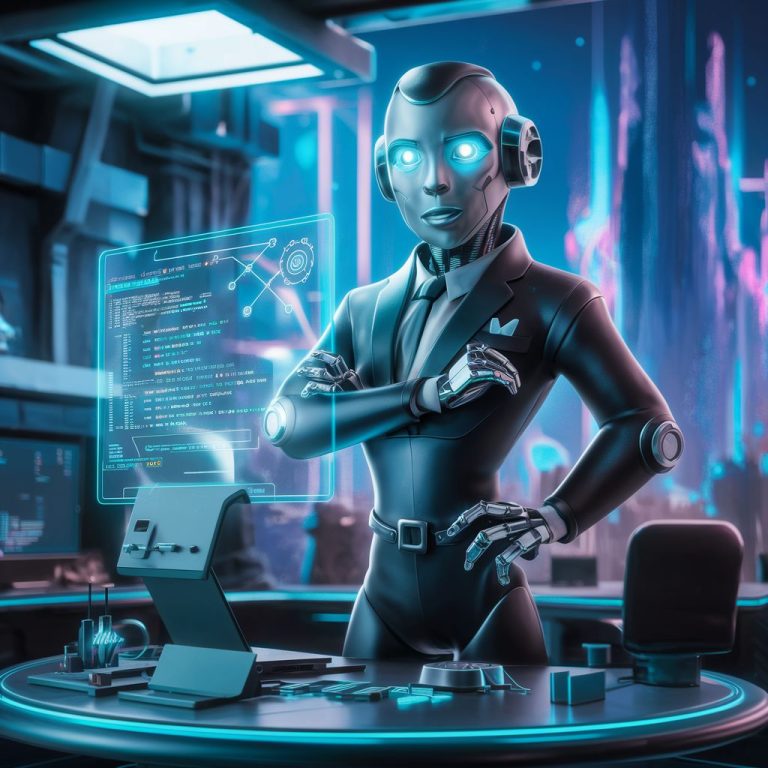
In summary, AI code generation tools like ChatGPT show enormous promise in assisting developers with simple coding tasks and freeing them up for more complex work. However, AI cannot fully replace human developers yet due to limitations around contextual understanding, debugging, and bias.
The key advantages of AI assistants are their ability to generate code quickly, handle repetitive coding tasks, and serve as an interactive sounding board for developers. This allows developers to focus on bigger-picture thinking and complex problem-solving.
However, AI lacks human developers’ contextual understanding and ability to debug and optimize code. AI bias also remains an issue if the training data is flawed. As a result, human oversight is still required.
Looking ahead, AI will likely continue disrupting the field by becoming an indispensable assistant. However human developers skilled in complex problem-solving, debugging, and ethical coding practices will remain essential. The future role of developers may shift more towards training AI, directing its work, and handling challenging coding tasks it cannot complete independently.
Devin AI represents a significant advancement in the field of web development, offering developers powerful tools to streamline their workflows and improve productivity. While it may not replace human developers entirely, it can augment their capabilities and enhance the development process. As AI technologies continue to evolve, developers can expect to see more sophisticated tools like Devin AI that empower them to build better, faster, and more innovative web applications.
Rather than replacing developers, AI can augment their capabilities if leveraged responsibly. However, developers must proactively upgrade their skills and use AI ethically to thrive in this changing landscape. Overall, an AI-assisted future that pairs the strengths of humans and machines holds much promise in software development.
© Copyright By Web Galaxy House
